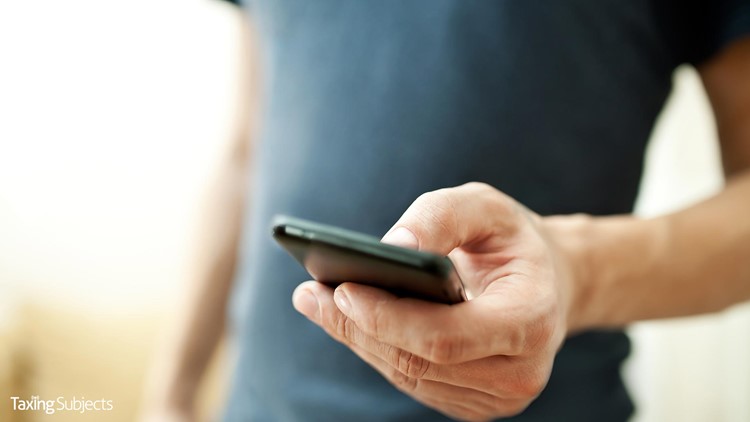New Phone Scam Aimed at Taxpayers

Scammers have dusted off an old racket and added a couple of new twists in hopes of swindling taxpayers out of their money. The Internal Revenue Service says this scheme has been reported across the country, and asks taxpayers to be alert.
Here’s how the scam works:
The scammer calls a taxpayer and claims to be from the IRS. He tells the victim about two certified letters purportedly sent to the taxpayer in the mail but were returned marked “undeliverable.” The scammer threatens the taxpayer with arrest if payment isn’t made through a prepaid debit card.
The taxpayer is told that the debit card is linked to the Electronic Federal Tax Payment System (EFTPS), but in reality it’s controlled by the scammer. And victims are warned not to contact their tax preparer, attorney or their local IRS office until after the tax payment is made.
IRS Commissioner John Koskinen says it’s just a new twist to an old scam.
“Just because tax season is over, scams and schemes do not take the summer off,” Koskinen says. “People should stay vigilant against IRS impersonation scams. People should remember that the first contact they receive from IRS will not be through a random, threatening phone call.”
What is EFTPS?
EFTPS is an automated system for paying federal taxes electronically using the Internet or by phone. The system is offered free by the U.S. Department of Treasury and does not require the purchase of a prepaid debit card. Since EFTPS is a totally automated system, taxpayers won’t receive a call from the IRS. In addition, taxpayers have several options for paying a real tax bill and are not required to use a specific one.
Taxpayers who get a call like these should hang up immediately without giving any information. If the taxpayer doesn’t owe tax due – or has no reason to think that they do – they should contact the Treasury Inspector General for Tax Administration (TIGTA) to report the call.
Taxpayers who get a scam call and owe tax, or believe they do, can:
- View their tax account information online at IRS.gov to see the actual amount they owe. They can then also review their payment options.
- Call the number on the billing notice, or
- Call the IRS at 800-829-1040. IRS workers can help.
Remember that the IRS doesn’t use email, text messages or social media to discuss personal tax issues. And the IRS will never call taxpayers without contacting them by U.S. mail first.



